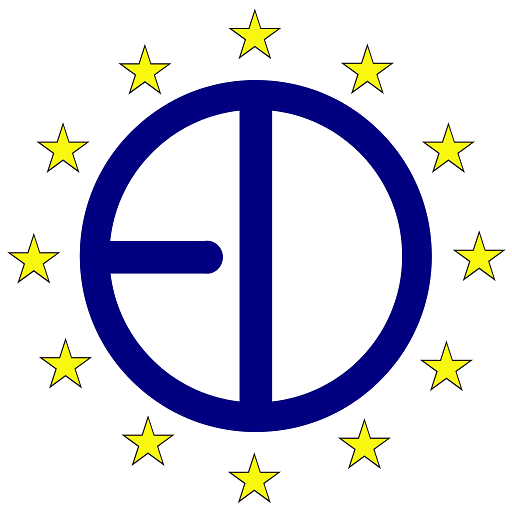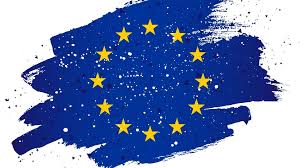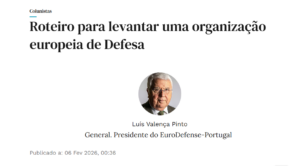Webinar organized by EuroDefense-Romania, 5 September
I wish to start my intervention by thanking EuroDefense-Romania for the very timely organization of this Webinar, as the SCO Summit took place only a few days ago.
And I also thank the invitation to make a very brief presentation on the topic of the Shanghai Cooperation Organization and its recent Summit.
To the best of my knowledge this organization is not very well known in our part of the world. In my opinion, it should be.
The origins of SCO date from 1996, a time not very distant from what we consider to be the end of the Cold War. It started as an informal eurasian group, associating China, Russia, Kazakhstan, Kyrgyzstan and Tajikistan, the so-called Shanghai Five.
Later, in 2001, it became a formal organization. An organization that currently associates 10 member states, 2 observer states and 14 dialogue partners.
In addition, 4 states, Afghanistan, Bangladesh, Syria and Turkmenistan, requested full membership of SCO.
Besides China and Russia, the member states comprise most of the Central Asian states, and India, Pakistan and Iran. An interesting fact is that some relevant International Organizations also have an Observer status in the SCO. For instance the United Nations, the Association of Southeast Asia Nations (ASEAN) and the less evident Community of Independent States. Perhaps we all noted the worried look of the UN Secretary General during the Summit…
Although the focus of SCO is predominantly eurasian, today with the inclusion, as observers or as dialogue partners, of states from other geographies (Turkey and Egypt being clear and meaningful examples), SCO looks more global than in its past. Considering SCO as an solely asian organization is not correct.
It is interesting to note that the US applied in 2005 for an observer status, but it was rejected,
In the days of the Shanghai Five, the focus was regional and centered on Security, namely in questions related with national independency, sovereignty and territorial integrity.
Today the SCO scope of action retains the Security dimension, expanded to include counter-terrorism matters, but it was broadened to include Economy, Energy and Cooperation matters. And, as it was said before, it intends to be more global.
Wherever China is present, energy comes high in the list of top priorities…
The ultimate goal of SCO is clearly to challenge the international system as it still exists. And it has to be recognized that there is, at least, a potential for convergence of efforts on this goal with the BRICS. Certainly on the basis of declared policies, and also due to the fact that there is a considerable coincidence of membership between the BRICS and SCO.
Common ultimate goals of the BRICS and of SCO are the challenges to the existing international system, and also to the predominance of the US dollar, as the major reference currency for international trade.
I believe that it is not excessive to consider that China aims to make the Shanghai Cooperation Organization an instrument and a vehicle of its global policy. And the same goes to the BRICS.
It is worth mentioning that the recent Summit was extremely well prepared through a succession of high level sectorial meetings.
This means how committed they are on their objectives.
Although mostly declaratory, the official Declaration of the recent SCO Summit includes two relevant questions that deserve to be highlighted. One, is the reaffirmation of the common objective of strengthening the intra-SCO cooperation in the field of Artificial Intelligence. The second, is the expression of great disapproval and concern on the current US policies on trade and tariffs.
Allow me to quote a statement made in the context of the Summit by President Xi Jinping “ in this new phase of turbulence, the global governance is at various crossroads”. The key point on this statement is “global governance”.
And it should not be ignored or disregarded the fact that the SCO Summit was immediately followed by a huge Chinese military parade. An obvious display of the current Chinese military might, attended by 24 world leaders, one of them Kim Jong Un, from North Korea, giving room to a global demonstration of mutual and apparently close understanding between Xi Jinping, Putin and Kim Jong Un.
And an effort was made to give the world the idea of a similar type of proximity between Xi Jinping and Narendra Modi, the Indian leader. But we can bet that India will keep its strategic independency, thus limiting the Chinese ambitions.
An organization that associates so many states, from important geopolitical regions, four of the nine recognized nuclear powers, to which we should add North Korea, as a close partner, has to be taken seriously, and it has to be properly followed by the international community. This requisite is reinforced when the geopolitical approaches and the random policies of the leading Nation of the Western Hemisphere add to the dimension of disruption and unknown,
For us, those that have an option for constitutional democracy, primacy of the Law, Human Rights, multilateralism and cooperation, the fundamental question is where does Europe stand between these visions of SCO and the BRICS, and the erratic, controversial and peace meal perspectives that we are able to identify in the “big, awful non-vision” that darkens the US at this moment?
Are we more or less irrelevant partners or are we already in a position of a shipwrecked person in a desert island?
The answer to that question is on our weak or strong common willingness, based on our shared values and principles, and also on our collective ambition.
For me, I remain committed to a constructive optimism!
Thank you for your kind attention.
Luís Valença Pinto







